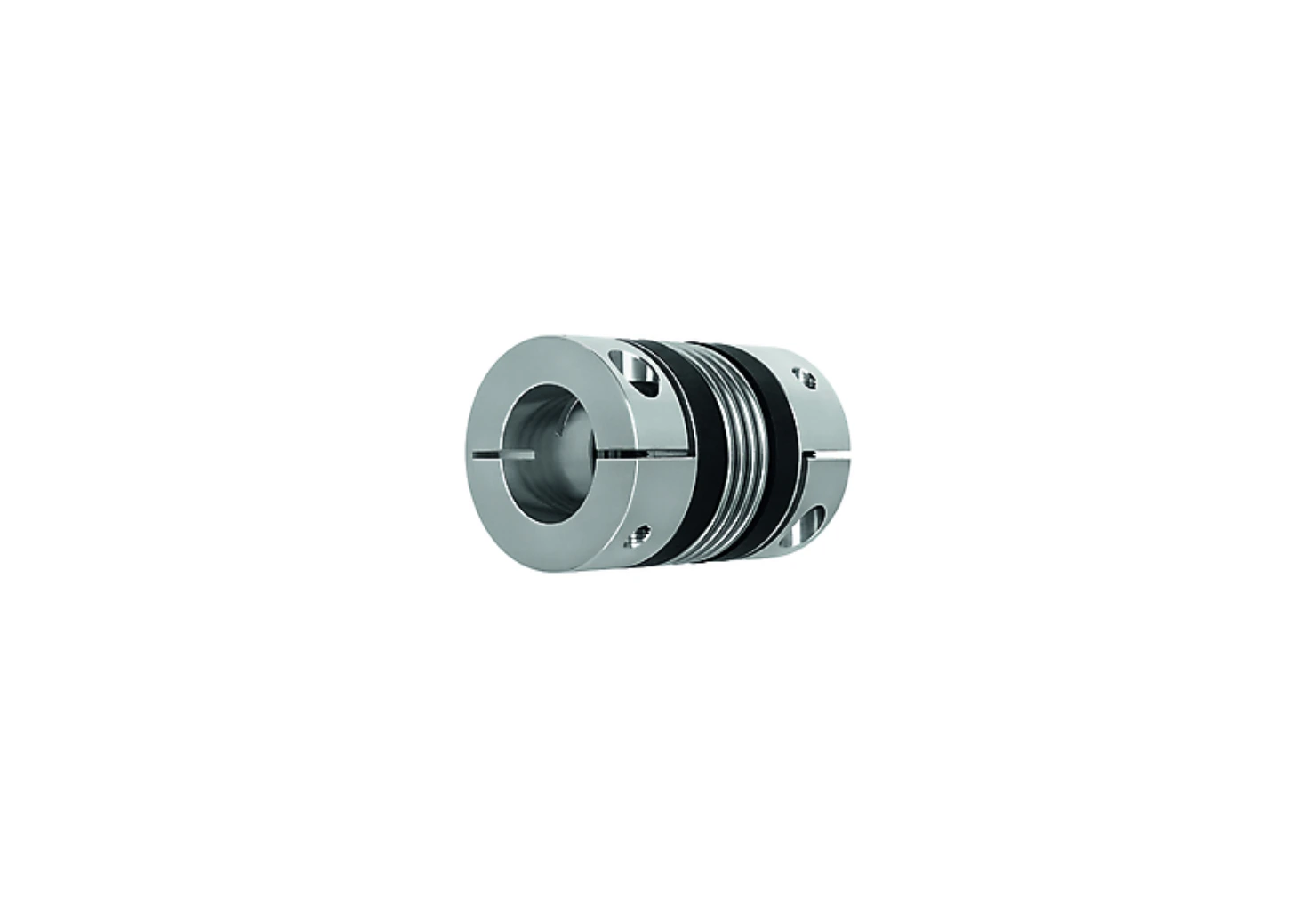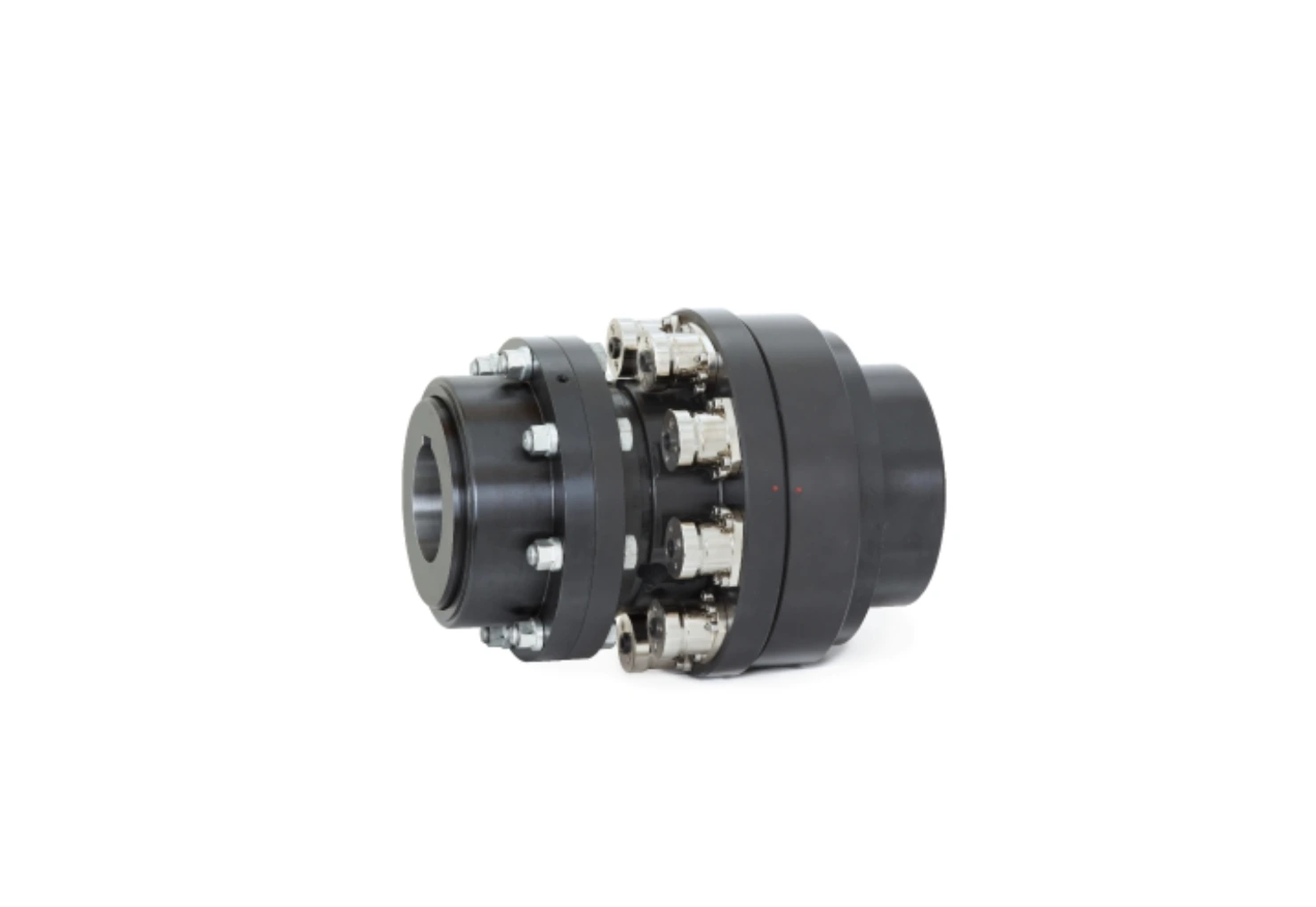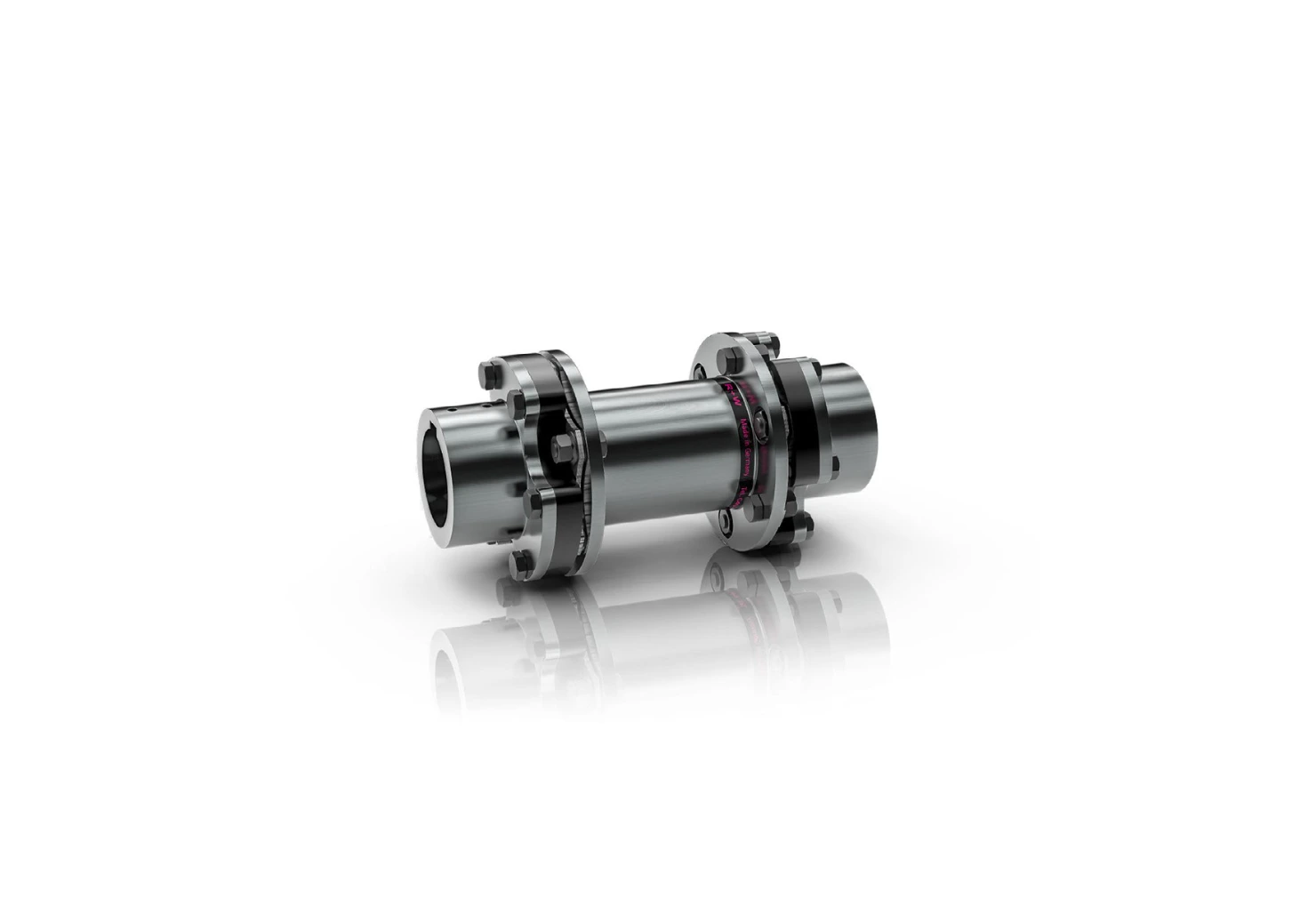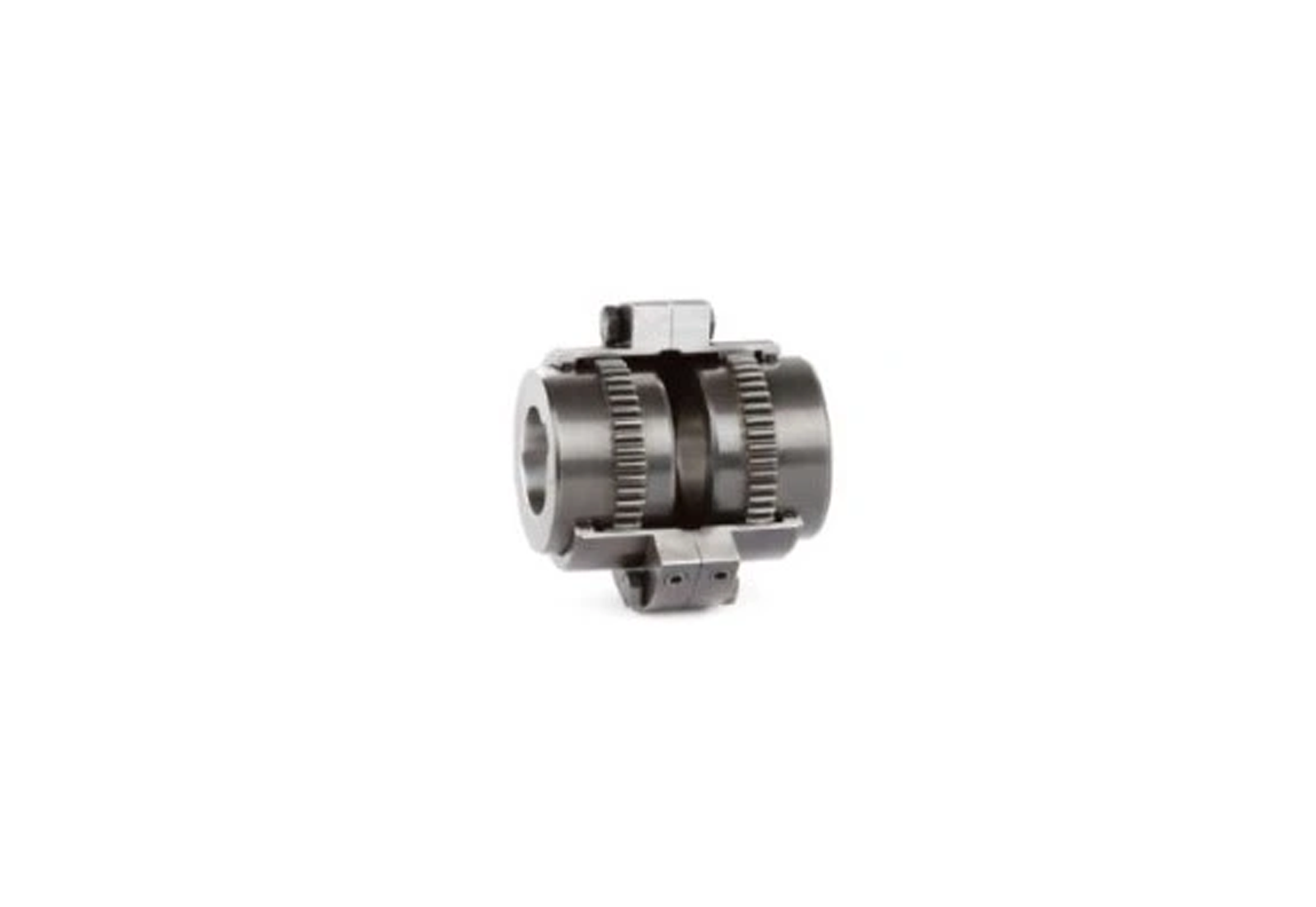Servo, Torque Limiter and Industrial Couplings Manufacturers Precision & Industrial Couplings
An Introduction to Torque Limiter Coupling
A torque limiter coupling is a device that is designed to protect the mechanical equipment and its performance from the impact of mechanical overloading. This device can limit the torque by slipping or uncoupling the load entirely. The operation of a torque limiter can be especially useful to limit the damage caused by crash stops and jams. Servo couplings can be packaged as a hub for sprockets or a shaft coupling. Another name for a torque limiting device is known as an overload clutch.
An industrial coupling consolidates overload slip protection with the ability to couple driving and driven shafts. It is an assembly containing a standard Torque Limiter and a roller chain coupling. A stock ground plate sprocket works as the centre member of the device and is coupled to a sprocket by a double standard roller chain which is easily connected by a standard connecting link. The device is manufactured by gear manufacturers in India for machines with gears, chains or belt drives to prevent the overloading of sensitive gearboxes, motors, machine components. This design provides a reliable and easy to integrate, flexible coupling that has a shaft misalignment compensation.
How Do Industrial Couplings Work?
The industrial couplings slips and forcibly breaks the connection between the driving and the driven sides if the overloading causes the levels of transmitted torque to exceed the frictional torque between the two friction discs that are created by the envisioned disc spring. The friction discs re-engage and torque the transmission when the torque subsequently falls to a level below the frictional force, without a backsplash. Power Ace India produces high-quality versions of servo couplings with the help of shrink disc that can be adapted to varying conditions of almost all drive systems.
Attributes of the torque limiting coupling range at Power Ace :
– Torque limiting up to 23,000 Nm.
– Coupling blocks high shock loads.
– Standard brass bushes for extensive sturdiness.
– Torque adjustment can be done even in assembled conditions.
Acid-resistant versions can be customised on request
Applications of Torque Limiter Coupling :
These devices are majorly used for the protection of any machinery with rotating components. A Torque Limiter can ensure torque never reaches critical levels if there is a risk of a drive shaft transmitting too much torque to the driven shaft or tangential parts. The components introduce a disconnect method and couple the two rotating bodies.
Industries that make use of Torque Limiters to protect their machinery include:
● Printing and converting industries
● General machining and manufacturing
● Forest products
● Textile manufacturing
● Packaging and assembly services
Some of the specialized applications of our Torque Limiters include :
– Generators: Power outages can result in sporadic moments of excess torque. A Torque Limiter will prevent that force from affecting the equipment.
– Gearboxes: This is an additional safety mechanism that prevents excess torque from entering the vulnerable components in the driven system. There are multiple gearboxes available including 90 degree gearbox.
– Conveyors: The Torque Limiter will disconnect the driving motor from the conveyor to shield the critical components in case the conveying system jams.
Motors: If the motor shaft generates too much torque for the machinery to handle, the Torque Limiter will release the motor shaft from the driven system.
Products








